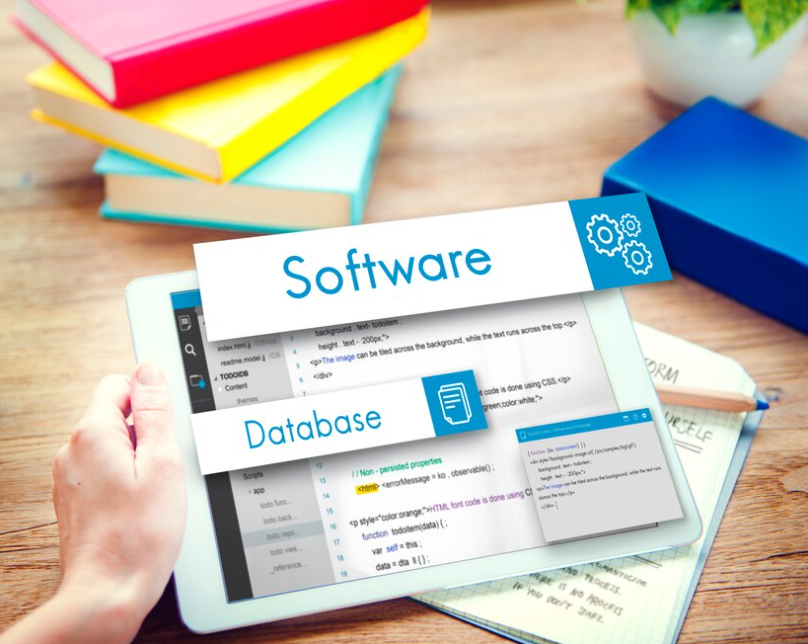Artificial Intelligence (AI) has been a game-changer in various industries, and software development is no exception. In recent years, AI has significantly influenced how software is created, tested, deployed, and used. This article explores the profound impact of AI on the world of software development.
Enhanced Code Generation:
AI-powered tools and frameworks have emerged to assist developers in writing code more efficiently. With natural language processing and machine learning algorithms, these tools can generate code snippets, detect errors, and suggest improvements. This accelerates the development process and reduces human errors.
Predictive Analytics:
AI-driven analytics tools are becoming indispensable for software developers. They can predict potential issues and bugs in code by analyzing historical data, enabling developers to proactively address issues before they affect end-users. This leads to more robust and reliable software.
Automation of Testing:
AI has revolutionized software testing. Automated testing tools that utilize AI algorithms can conduct comprehensive tests, identify vulnerabilities, and optimize test coverage. This results in faster release cycles and higher-quality software products.
Personalization and User Experience:
AI enables software applications to offer personalized experiences to users. By analyzing user behavior and preferences, AI algorithms can tailor content, features, and recommendations, enhancing user engagement and satisfaction.
Natural Language Processing (NLP):
NLP algorithms are being integrated into software for improved human-computer interaction. Chatbots, virtual assistants, and voice recognition systems are prime examples of AI-driven NLP applications that provide a more natural and intuitive user experience.
Code Maintenance and Updates:
AI can help with code maintenance and updates. It can identify outdated libraries, security vulnerabilities, and suggest patches or updates, ensuring that software remains secure and up-to-date.
Debugging and Troubleshooting:
AI-powered debugging tools can pinpoint issues in code by analyzing error logs and stack traces. Developers can save time and effort in identifying and fixing bugs, leading to quicker issue resolution.
Agile Development:
AI supports Agile methodologies by providing data-driven insights into project progress, resource allocation, and risk assessment. This facilitates better project management and decision-making.
Code Refactoring:
AI tools can refactor code to improve its quality, readability, and performance. They can identify redundant code segments, suggest design pattern implementations, and optimize algorithms.
Continuous Integration and Deployment (CI/CD):
AI is vital in automating CI/CD pipelines. It can assess the readiness of code for deployment, perform automated testing, and trigger deployment when all conditions are met, resulting in more frequent and reliable releases.
Conclusion:
Artificial Intelligence has transformed software development into a more efficient, intelligent, and user-centric process. Developers are leveraging AI’s capabilities to create higher-quality software, reduce development time, and enhance user experiences. As AI technologies continue to evolve, their impact on software development will only become more profound, reshaping the industry’s landscape in the years to come.







